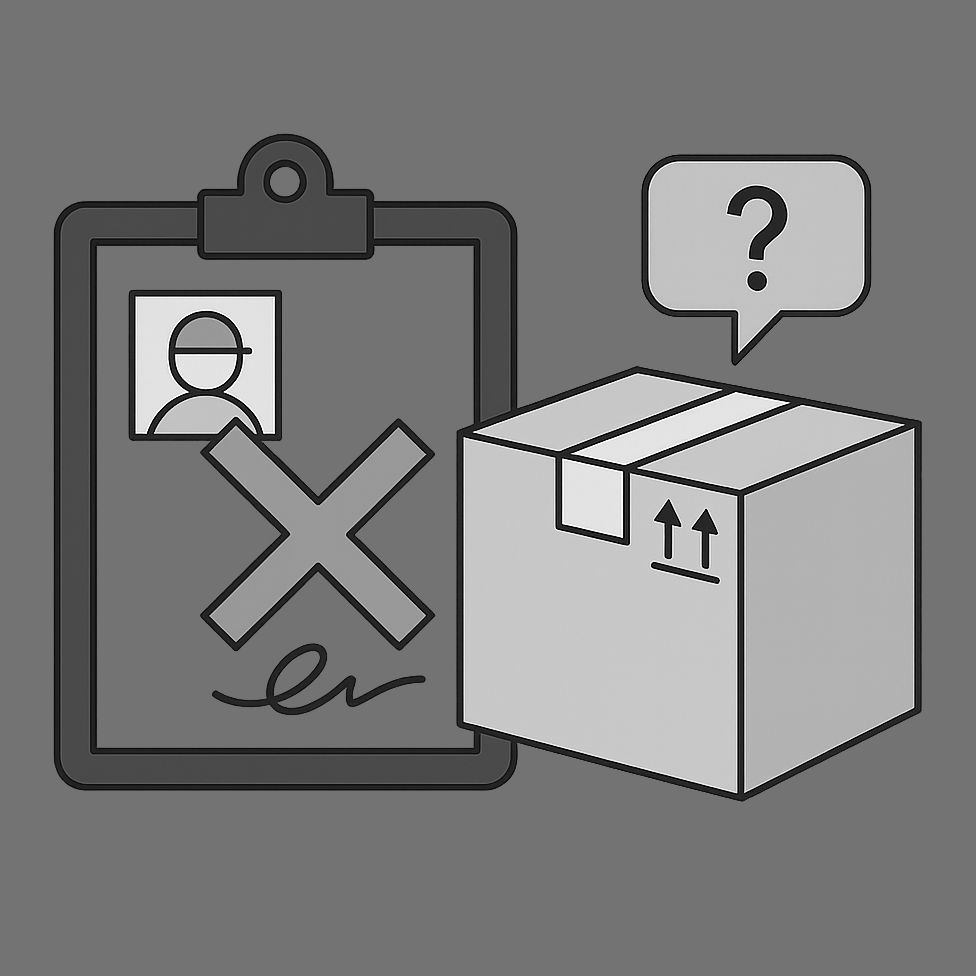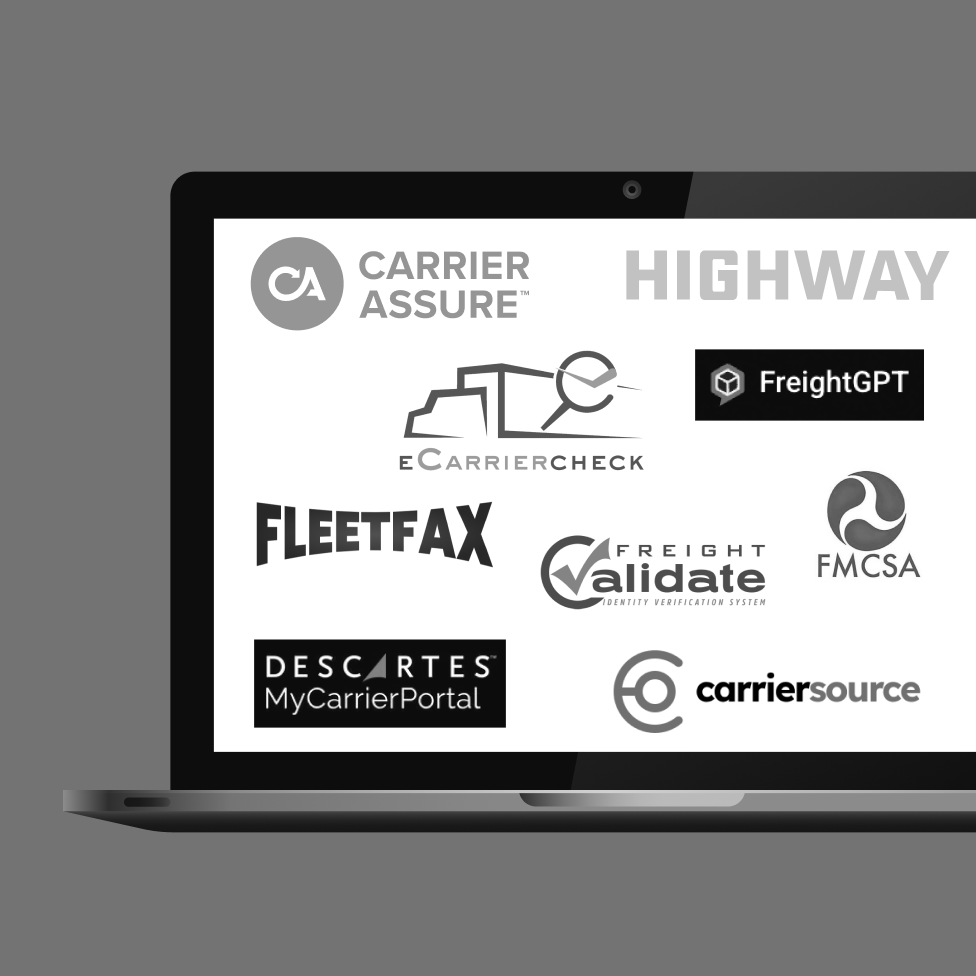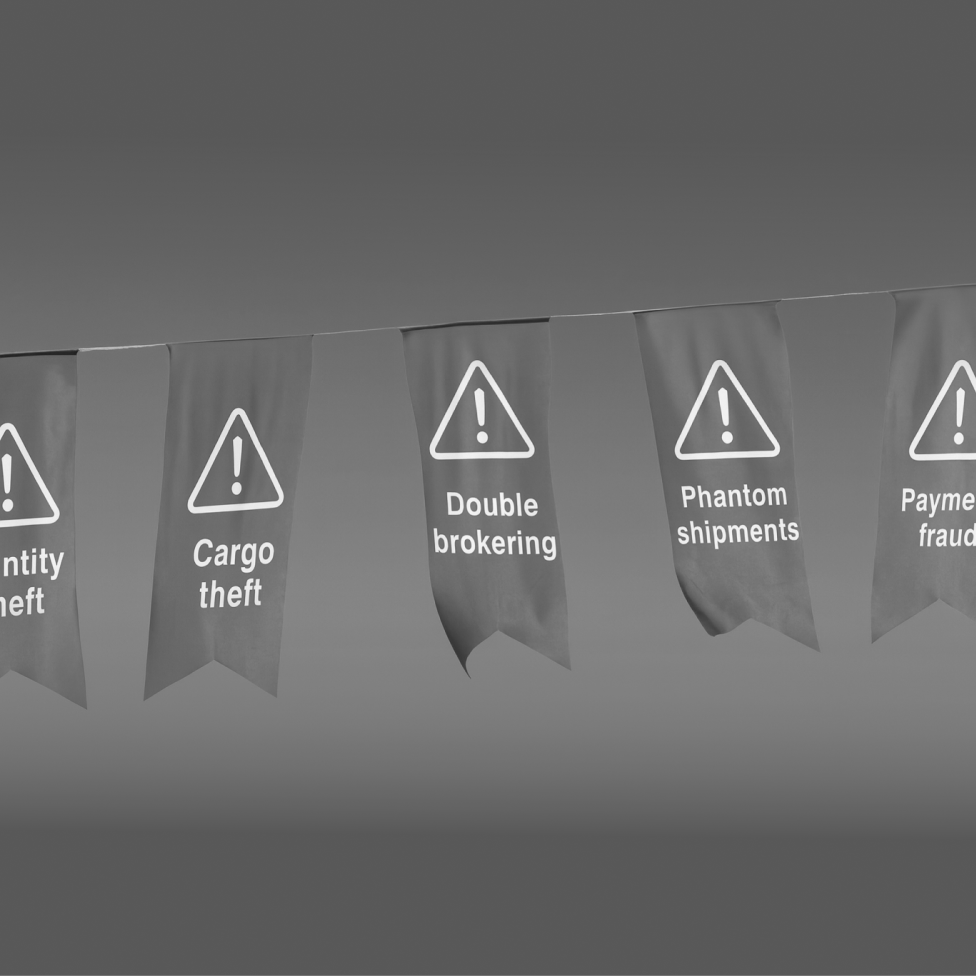Marketing your freight brokerage isn’t just about calling strangers and hoping they say yes.
Freight brokerages miss out on new customers when they don't market their services. Your ideal clients can’t do business with you if they don’t know you exist.
You need to do something beyond cold-calling people.
Shippers get spammed with cold calls and emails every day, so you must do something different to stand out in the crowd. This is especially true in a down economy.
Some dislike the idea of freight broker marketing. They mistakenly think it’s simply “posting on social media” or buying a billboard and are convinced it won’t work for them. They prefer calls because it feels more personable. The problem with this logic is that it dehumanizes the best aspects of marketing. After all, people are loyal to people. Marketing your team and offerings could win you more referral business from someone simply hearing of you and referring a friend.
In this guide, we’ll stay away from cliche marketing suggestions. We aren’t going to tell you to post on Instagram - much less TikTok. Instead, we’re covering 8 Ways to Market Your Freight Brokerage (with real examples) that help you stand out from the crowd without wasting your time.
Key Takeaways:
- LinkedIn is a powerful platform for research, networking, relationship-building, and personal brand development.
- Utilize Facebook Groups and events to network, engage in non-sales conversations, and establish a referral network.
- Prioritize establishing a brand presence and revenue before investing in Google or Facebook ads, as they require time, expertise, and software for effective ROI tracking.
1. Search for companies nearby on Google Maps & Google Earth.
In the early days of the internet (and before), the Yellow Pages were the go-to resource for identifying companies within industries and by region. Nowadays, most brokers use Google Maps & Google Earth to scout for shipper leads for freight brokers.
“Look for big shipping buildings with lots of bay doors for trucks. This means lots of shipments coming in and out,” says Brandon Caldwell, former freight broker of 10 years and current Enterprise Account Executive at Denim.
Let’s say you’re searching for prospects in Charleson, SC. You might search for something like “shipping companies in Charleston, SC.” This shows a list of companies - some relevant - some not. In this example, we came across, “Carver Maritime.” A quick look around on street view shows plenty of places for freight to be moved. Looking at the image we’ve shared, you’ll see cranes in the parking lot and a gate that allows trucks to enter.



While we ask you not to spam Carver Maritime, you can absolutely use this strategy for logistics cold calls and promote your freight services.
2. Try LinkedIn Prospecting (what Yellow Pages should have become)
Former freight brokers on our team speak highly about the power of LinkedIn for prospecting. It’s the best site for connecting with potential clients across most industries. Beyond that, it’s a great place to build relationships and a personal brand.
There are 5 things we recommend for success on LinkedIn:
Using LinkedIn as a research tool.
For example, you can use Sales Navigator to identify shipping managers and leverage their profiles to find commonalities to build relationships. (ie: We both graduated from University of Texas - hook’em horns!).
Follow a freight broker script that isn’t too sales-focused.
HubSpot, a top provider of business & sales software, provides eleven great sales script examples here to get you. We suggest leading with the “I feel your pain” summary.
Here's the template:
[One- to two-sentence description of common prospect problem.]
But what if [key result of using your product]? In the past X years, I’ve helped Y [vertical/sector] businesses [accomplish X results] by [short description of product features]. [One- to two-sentence description of results.]
[Call to action.]
Here’s an example:
Delivering freight to customers on time is more difficult than ever. It can be hard to know what carriers to call, much less how to know if you’re getting a good deal.
But what if it were possible to confidently deliver freight on time without finding the drivers yourself? In the past ten years, I’ve helped 100s of shippers deliver their unique products without the stress of finding a carrier network. This has resulted in 15,632 loads delivered on time without fail. Needless to say, all of my customers are very satisfied.
Wondering what this could look like for your business? Give us a call at 555-555-5555 and ask for a free quote today.
Comment and reshare prospects content.
Get top of mind by engaging with prospects' posts via comments and resharing any interesting content they produce. Have non-sales-related conversations. You can do this with posts in your feed, in relevant groups, or by following relevant hashtags and responding to trending posts. The key is to keep your responses authentic and not make them salesy.
Comment on influencer posts.
Identify influencers in the space and comment to get exposure for your personal brand. This is a lot easier than just posting yourself because these people already have an audience of prospects who are relevant to you. Being where their attention already means getting exposure simply by participating in the conversation.
Commit to consistent posting.
We view posting on LInkedIn 2-3x a week as a long-term brand-building play. Don’t go crazy, and try posting to every platform daily. But posting regularly on LinkedIn will expand your reach and build an audience. Becoming a thought-leader helps to build trust with your audience. This leads to a situation where you’ll have more prospects seeking you out vs you having to call after then. This is the ideal situation because it reduces the burden of outbound calling on your team.
3. Join Facebook Groups

For the past few years, Facebook’s parent company, Meta, has placed a large emphasis on engaging with people through Facebook Groups. A quick search of groups on Facebook shows several large and potentially interesting groups with a high volume of activity.
Most groups do not allow self-promotion. Instead, you'll need to spend some time providing actual value to the group. Ask questions, be friendly, answer questions helpfully, and share valuable insights. You can also share articles and discuss industry news. Sure, it might feel like a long way off from reaching a sale, but offering value creates a stronger foundation for building your brand and trust with the community members. Your potential customers will remember you and like you more if you can offer them something that benefits them instead of jumping straight into dealmaking.
Some groups do offer one day per week where you can self-promote. Also, you’re usually allowed to respond to someone if they ask for the type of service you provide. Strike when the iron is hot and use those opportunities to move the conversation forward to a call or direct message. The key here is not to be spammy.
Pro tip: Don’t copy/paste the same message into multiple different groups. Most social media platforms will flag this and prevent you from posting or shadowban you.
4. Referrals / Networking / Word of Mouth
Networking for referrals is one of the most effective ways to promote your business. This is not a new concept. However, we wanted to talk about how to do it successfully.
Networking is largely done at live events to promote your business without feeling sals-y. It makes a big difference and you can feel the energy in person. We all hate when someone talks ‘at’ us. Most people zone out. But if someone tries to get to know what we do, we’re much more likely to reciprocate.
If you attend events, try getting to know what services others are offering and offer to refer to them if you know anyone. Usually, people will reciprocate this offer. Since referrals close at a significantly higher rate than cold calls. Thus, referrals will be a lucrative income stream and is where many brokers just starting out get their early business. Referral expert and Denim’s Head of Partnerships, Jamie Neely, also had this to say:
- Do your research on which events align with your target audience. Will your potential customers be exhibiting, or will they be attendees?
- Invest in a booth setup that draws in potential customers by offering them a sneak peek into your business, but that also pulls them in with activities they might be interested in.
- Attend as many planned after-hour events that other sponsors might be putting on if you can’t afford to host one yourself, or ask around and see if you can co-host.
- Investigate the different speaking opportunities that a conference might be hosting, and join a panel to offer your insights.
We spoke to Briana Lupinaccio, VP of Revenue at Roadly Logistics, to get her advice on networking at industry events. “Trade shows are an opportunity for our team to meet with shippers face-to-face and explain what we can do for them. Connections we make at trade shows are high converters and lead to long relationships.”
Some events freight brokers should consider attending are:
While this list isn’t comprehensive, it’s a great place to begin implementing the advice above so you can start to meet with potential clients. What are your favorite industry events to attend?
5. ImportYeti (free international shipping insights)
For those looking for an automated way to prospect for companies that handle international shipments, try a service like ImportYeti. It’s free and shows how many shipping containers each company brings into the US monthly. Let’s say you're curious about the companies Target works with in the United States. Simply sign up for a free account and search for Target. Then, you can reach out to suppliers and offer your services.
6. Data Axle (or anywhere you can buy a list of your target audience)
Formerly Sales Genie, Data Axle allows you to buy a list of prospects for cold outreach. Building a list of prospects is super important. Especially if you’ve reached the point where you can hire some people to make cold calls for your brokerage. “We used this at Worldwide Express,” said Lexi Farris, a former freight broker on our team who used this at the large 3PL she worked for previously.
This isn’t the only company that provides this service. There are a lot of places that are willing to sell you a prospect list. The hardest thing to know in advance is the quality of the prospects. They might have great quality info for one industry but very little on another.
7. Google Ads (more commonly used by larger brokers and 3PLs)
We’ve seen more people talking about Google ads lately. They’re asking questions like, “‘Are Google ads worth the spend?’ and ‘Should I be using Google ads?’” You usually see these questions pop up every few months on r/freightbrokers.
Most businesses don’t leverage Google ads until they reach a monthly six-figure revenue level. It can take time to make a profit from paid ads.
According to performance marketing expert Travis Vaught, Demand Generation Manager at Denim, “Most businesses won’t see ROI for at least six months when starting paid ads. You need to be in a place where you can comfortably spend money on advertising without an immediate return on investment.”
When you start using Google ads, you’ll want to target three things with your Search Campaigns:
- Branded search terms (like the name of your business). This helps you show up when people Google your business name.
- Competitor search terms (imagine if someone heard of you when searching for your biggest rival). You benefit from being in consideration when someone searches for a competitor.
- Long-tail keywords (these typically have a clear intent to them). Imagine if you could get in front of someone searching for the exact service you provide in the exact location you provide it.
If you’re just starting out, it can be hard to tell if someone called your business from ads vs just a regular organic search. This is important to know because this makes your ROI from marketing difficult to measure. You’ll need software to help with this, which is why we recommend waiting if you haven’t made your first six figures yet. If you’re just starting out, don't run Google ads yet.
But if you are ready, some of the benefits are:
- Demand Capture. If someone is actively searching for something like “Freight Broker Near Me,” this is an opportunity to close a prospect who is ready for your services.
- Brand Awareness. Google Ads, especially Google Display & YouTube ads, are a great way to get the word out about your services on sites and videos your prospects frequent.
8. Facebook Ads (more commonly used by larger brokers and 3PLs)
Similarly to Google ads, you don’t really need to try your hand at Facebook ads until you have an established business and confidently understand your target market. Any type of paid advertising can get expensive quickly, and it can take a long time before a business gets good at it.
Now, when Facebook ads work, they work super well. Travis Vaught says, “Facebook Ads are great for building awareness and freight broker lead generation to call and email. You’ll need people to create the content you’re promoting, though, so many businesses who are new to ads will start with an ad agency since they can provide the graphic design and copywriting services you might not have in-house.”
Similarly to Google Ads, You’ll need software to help with this, which is why we recommend waiting if you haven’t made your first six figures. If you’re just starting out, don't run Facebook ads. But if you are ready, some of the benefits are:
- Demand Generation. Facebook & Instagram help you to get content in front of prospects cheaply. This is important because most of your future customers don’t need your services today, but will in the future. Thus, if you add value to their lives now (in the form of useful blog and video content), they’ll remember you when they’re ready for your service.
- Lead Capture. Facebook & Instagram are great places to get people’s contact information and grow your email list. Growing your email list of prospects gives you another point of contact with a prospect that isn’t dependent on your advertising budget.
Conclusion
What we’ve listed above are merely oversimplified marketing tactics. They’re great to know, but a lot goes into doing any of them well. You’ll likely hear of things like sales scripts, marketing funnels, etc. All of these are useful strategic things to know, but show yourself some grace if you are just starting to market your business. You’ll learn them with time.
In a general sense, we recommend your revenue determine what marketing strategies you should take
Revenue Per Year and Relevant Strategies
$0 - $100k / year: You need to clearly define what you’re offering and know how to communicate it so well that a 4th grader can understand. Next, you want to set up some basics like a website, a LinkedIn profile & page, and a Facebook profile and page. They are necessary so people can tell you’re a real business. Also, we recommend you niche down as early as possible. Don’t fall into the trap of pretending to help everyone. That means you won’t be top of mind for anyone. But if you specialize in Reefer shipments, when someone needs that, they’ll come to you.
$100k - $1 million / year: By this point, it’s time to make your first few hires (be they freelancers, accounting help, etc). You’re learning to do business differently, and this applies to your marketing as well. Ideally, you can hire someone to help make sales calls (or multiple someones). If possible, it could be worth your time to hire a freelancer to create content for your website and social media profiles so people know you exist. Many early-stage brokers neglect the power of marketing on social media which will set you apart. Plus, updating your website regularly will help you appear on search engines.
$1 million - $10 million+ / year: This is where things get tricky, and there stops being a one-size-fits-all marketing strategy. By now, hopefully, you’re learning how to hire and fire correctly while avoiding micromanagement. You should absolutely be building an email list of inbound leads to alleviate some of the pressure on your sales team. In the earlier stages of this range, you could consider hiring a marketing agency to help with Google & Facebook ads (though be very intentional about how much you’re willing to spend here). A good agency will get to know your business and can show you realistic ROI for your investment. Once you get beyond the $10 million mark, trust the talent you’ve brought in to steer you in the right direction.
The Number #1 Challenge You’ll Face (and How Denim can help).
The biggest problem you’re going to face is cash flow. Most of your clients won’t pay right away, but usually, carriers expect to be paid quickly (especially the good ones). That’s why you’ll need a Freight Payment System that allows you to pay shippers however you want while also giving you access to factoring and line of credit services. That’s where we come in. If you’re interested in how Denim can help you grow your business quickly and safely, schedule a demo now.

Denim’s automated solutions streamline your back-office operations. Explore our solutions to see how Denim can help your business scale efficiently.
There's a better way

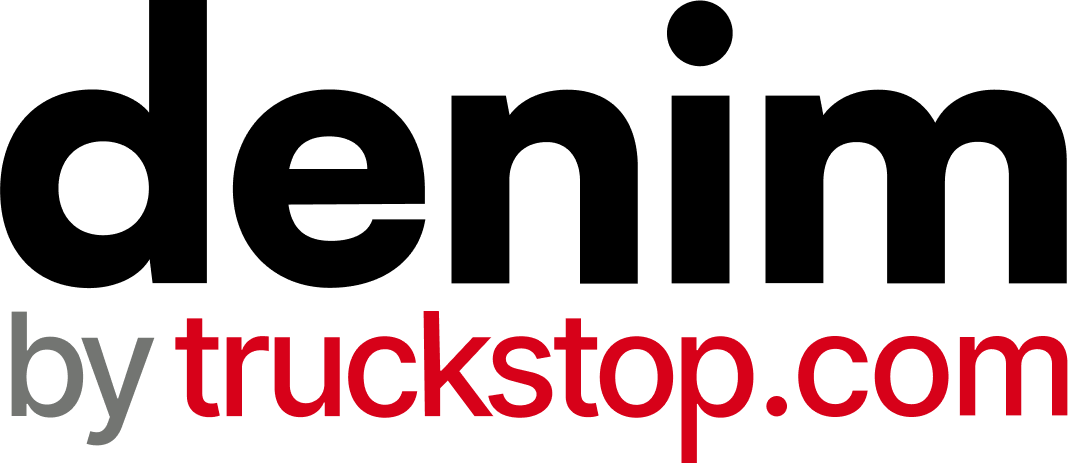
.png)

